#light pollution
Text
https://www.lightpollutionmap.info/

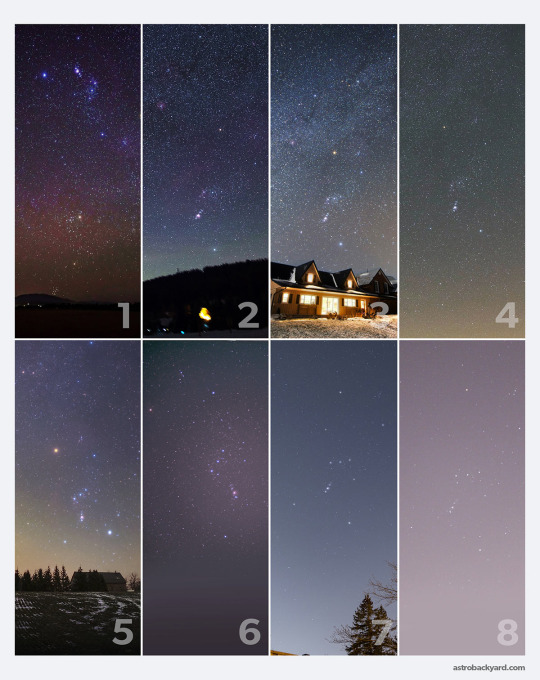
if you're worried about the website finding out where you live. dont worry. it already knows where you are just by you opening the page, this goes for every website btw. As always reblog for higher sample size
35K notes
·
View notes
Text
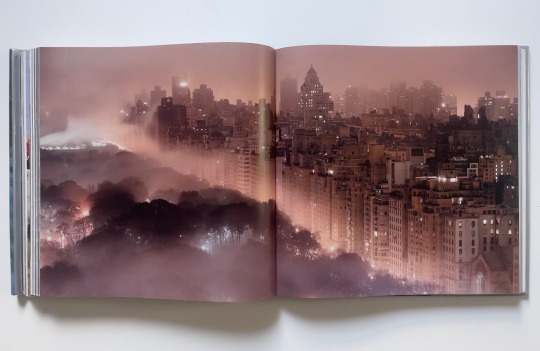
Light pollution and fog blur the New York City skyline.
4K notes
·
View notes
Text
Millions of Birds Now Migrating Safely Through Darkened Texas Cities After Successful Lights Out Campaign https://www.goodnewsnetwork.org/millions-of-birds-now-migrating-safely-through-darkened-texas-cities-after-successful-lights-out-campaign/
#texas#good news#environmentalism#science#environment#nature#animals#usa#light pollution#dark skies#solutions#birds
2K notes
·
View notes
Text
The more I learn about light pollution harms insects, the more I want to try to help... do something about it. But I live in NYC. It feels like an impossible ask. A whole city devoted to making the most light pollution possible.
I strongly suspect that we'd see a greater variety of wildlife if we could dim the light a little.
Just using colors like red light can help. So can dark hours and motion sensors. What if one day, as a treat, every New Yorker got to see the milky way?
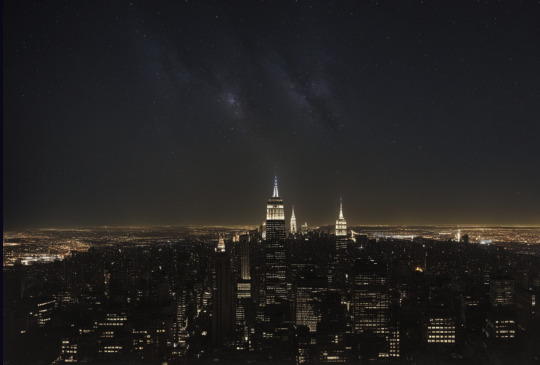
Most people doing light pollution activism are working in places like national parks & deep in the country, places that are almost dark, where the lights are encroaching especially as the cost of very bright LEDs keeps falling: companies and municipalities say "why not? what's the harm?"
The harm is vast. So many creatures need the night to live. Maybe humans need it too. We do, at least, need those creatures.
I care about insects most. But if you don't consider: no bugs, no song birds.
Is reducing light pollution in a big city a hopeless cause? Is it better to focus on those once perfectly dark places being lit up?
One positive of making light pollution an issue in a big city is how it would raise awareness. Imagine if, in the small hours of the night the lights slowly shifted red. Lights with motion sensors that slowly gutter out. You can see NYC on the horizon glowing like a bomb went off for miles, that glow could dim a bit, give the stars a chance to shine.
#nyc#light pollution#insects#bugblr#bugs#moths#arthropods#night#milky way#night sky#starry sky#invertebrates#sky
1K notes
·
View notes
Text
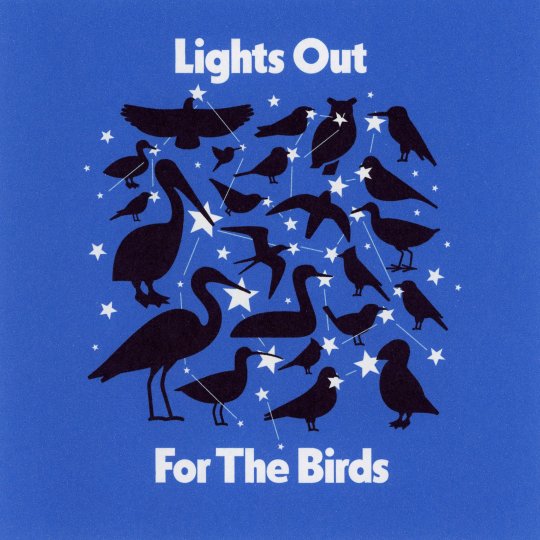
Reducing light pollution at night helps migrating birds. Turn off the lights for them!
2K notes
·
View notes
Text
‘83 percent of people—and more than 99 percent of Americans and Europeans—are living under light-polluted skies. Every year, the proportion of the planet covered by artificial light gets 2 percent bigger and 2 percent brighter. A luminous fog now smothers a quarter of Earth's surface and is thick enough in many places to blot out the stars.
Over a third of humanity, and almost 80 percent of North Americans, can no longer see the Milky Way. "The thought of light traveling billions of years from distant galaxies only to be washed out in the last billionth of a second by the glow from the nearest strip mall depresses me no end," vision scientist Sonke Johnsen once wrote.
(…) Sensory pollution is the pollution of disconnection. It detaches us from the cosmos. It drowns out the stimuli that link animals to their surroundings and to each other. In making the planet brighter and louder, we have also fragmented it. While razing rainforests and bleaching coral reefs, we have also endangered sensory environments. That must now change. We have to save the quiet, and preserve the dark.’
-Ed Yong, An Immense World
490 notes
·
View notes
Text
LunarPunk 🌙
Lunarpunk is Solarpunk for the night dwellers. Similar philosophy and movement but with a darker, bioluminescent, celestial aesthetic. With a focus on Community, Sustainability, Reducing Light Pollution, growing Native Flora and creating a livable and thriving home for the night dwelling Fauna (nocturnal animals, insects, and people too), and obviously, don't forget the Punk.
Lunarpunk is a very new and slowly growing subgenre and community, please continue to add new ideas, add to the conversation of sustainability, do research in your own area about the local flora and fauna, what you can do to help reduce light pollution, even if it's just coming from your home, how to be more energy efficient, how to reduce waste, save money on electricity, see if you can switch your lights to LEDs, speak with your neighbors about switching as well.
Any little bit counts.
#lunarpunk#sustainability#light pollution#environmentalism#ecopunk#solarpunk#recycling#climate change#climate action#night#environmental#envrionmental activists#punk#moon#lunar#flora and fauna#energy efficiency#ecofriendly#sustainable living#reduce reuse recycle
555 notes
·
View notes
Text
What our vast universe looks like without light pollution
#light pollution#pollution#the universe#our universe#astronomy#nasa#astronomers#universe#astrophotography#nasa photos#astrophysics#outer space#nasawebb#hubble space telescope#deep sky#sky photography#sky#night sky#astronomy facts#i love astronomy#astronaut#space travel#international space station#spacecraft#space exploration#space science#space shuttle#space#science facts#planetary science
398 notes
·
View notes
Photo
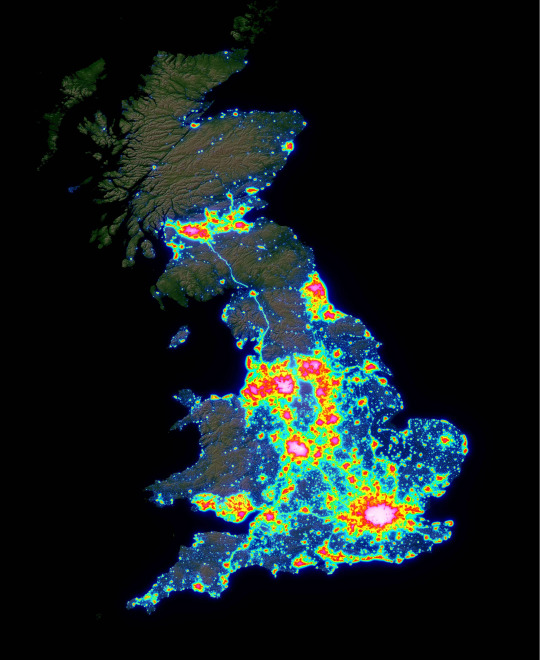
Light pollution map of Great Britain
259 notes
·
View notes
Text
Endangered Fireflies & Conservation
Fireflies are at risk of extinction due to habitat destruction, light pollution, and pesticide use. Recovery efforts started in 2023 for the 18 endangered species in North America. Almost 1 in 3 firefly species in the US and Canada are threatened with extinction.
Scientists have yet to prove the effectiveness of these steps due to limited research on firefly populations. However, there is evidence suggesting that human activities may contribute to the decline of fireflies. So, here's what you can do:
Turn off outside lights during nighttime hours
Allow logs and leaves to naturally decompose in your yard
Incorporate areas of water into your landscaping
Refrain from using pesticides in your yard
Avoid excessive mowing of your lawn
Plant native tree species in your yard.
Please take a moment to explore resources related to firefly conservation:
Discover articles from the Xerces Society on firefly conservation: https://www.xerces.org/endangered-species/fireflies
Watch a video from the Canadian Permaculture Legacy on saving fireflies: https://www.youtube.com/watch?v=McjHyQMf5eQ
Learn more about the Firefly Conservation & Research organization: http://www.firefly.org/
Explore their articles on how you can contribute to firefly conservation: https://www.firefly.org/how-you-can-help.html
If you have spotted fireflies in your area, please report your sightings here: https://www.firefly.org/firefly-sightings.html
#fireflies#firefly#lightning bug#bugs#insects#conservation#endangered species#north america#Xerces Society#Fire fly#extinction#environment#cottagecore#gardening#permaculture#agriculture#light pollution#Canada#United States#habitat destruction#habitat loss#restoration#glow worm
173 notes
·
View notes
Text
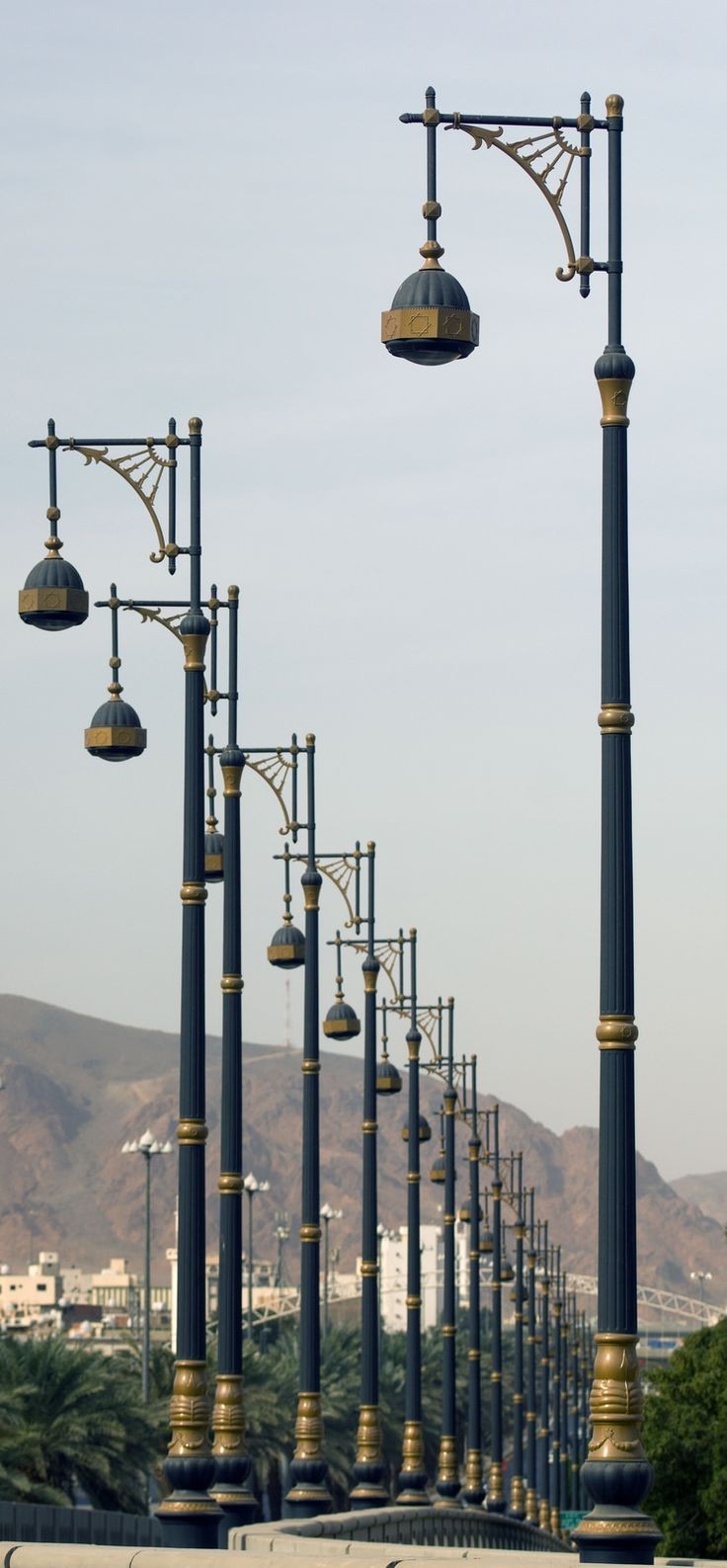
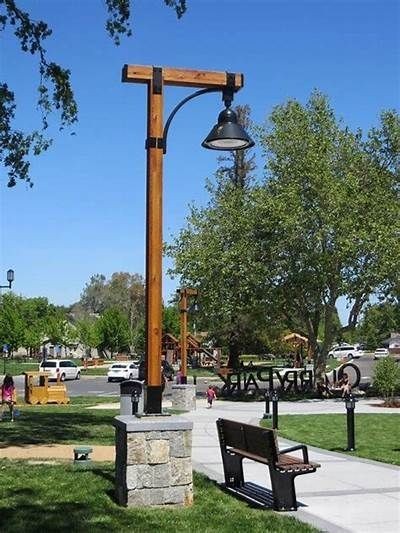
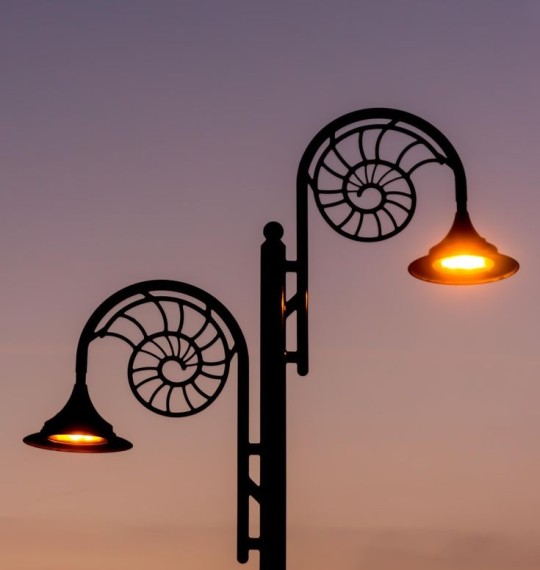
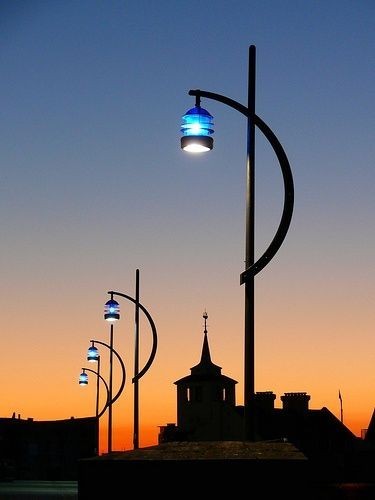
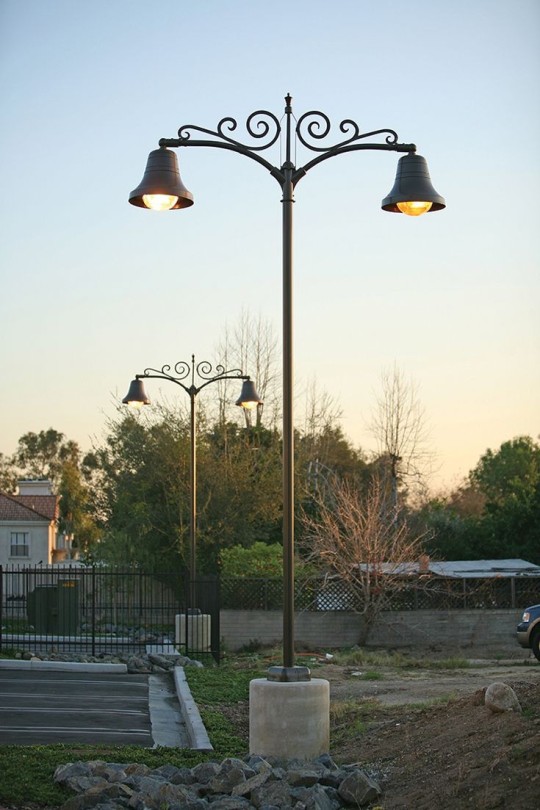
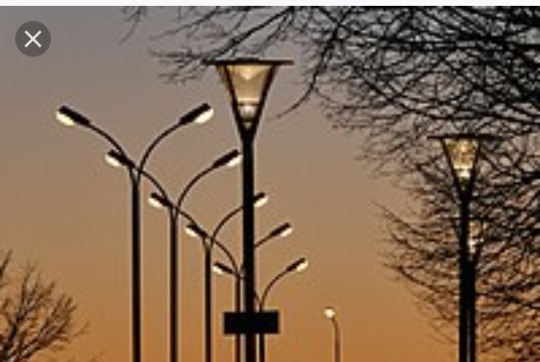
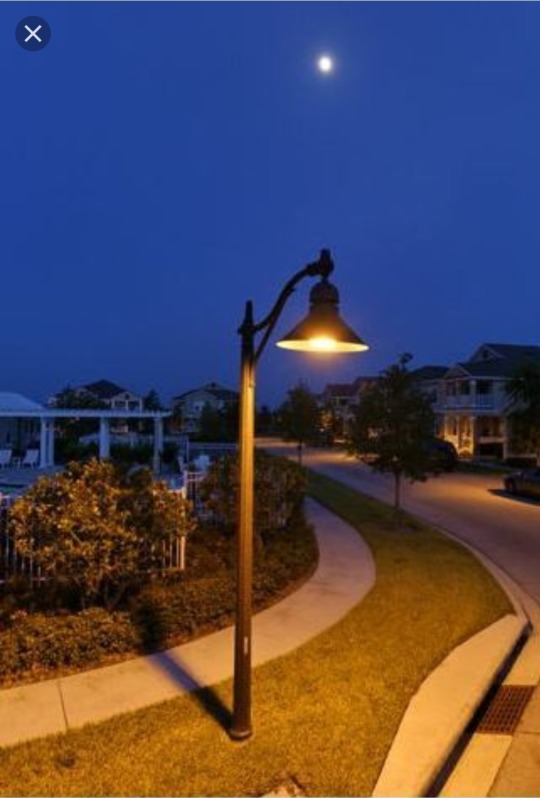
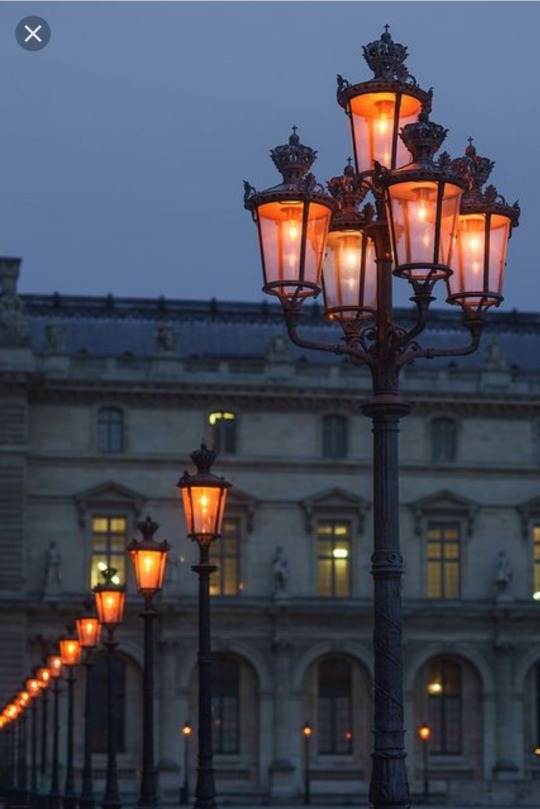
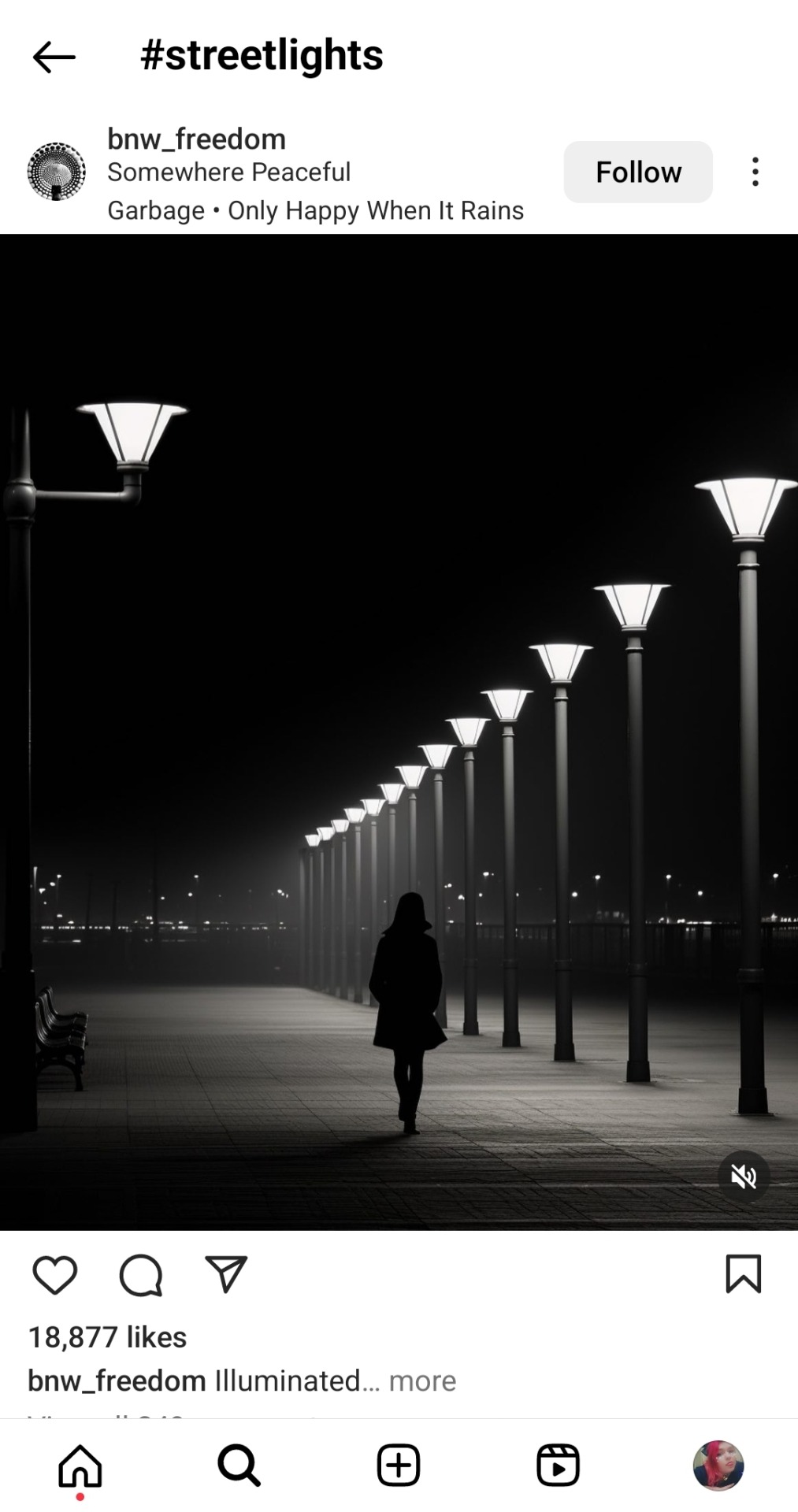
💕💫dark sky friendly street lights! 💫💕
253 notes
·
View notes
Text
The idea that some people have never and will never see the stars is so incredibly terrifying and dystopian to me
#stars#it actually scares me that this is people’s reality#light pollution#climate change#climate crisis#climate catastrophe#climate action#climate emergency#global warming#environment#i’m scared
109 notes
·
View notes
Text
Wrote this song about what I felt the 1st time I saw a clear night sky with no light pollution in Jamaica 2018.
A short lil vibe
#music#ascension#vibes#trippy#hazey#ethereal#magic#jamaica#light pollution#wavey#washed out#occult#indie#indie music#SoundCloud
66 notes
·
View notes
Text

"There is other worlds out there!".
Wade and Ember went to a natural spot to look at the night sky, wihout light pollution.
#fanart#digital art#artist on tumblr#artists on tumblr#disney#pixar#disney pixar#wade ripple#ember lumen#elemental#elemental pixar#ember x wade#wade x ember#wember#stargazing#stars#night sky#light pollution#galaxies
182 notes
·
View notes
Text
Light pollution ruins dark skies. It's a scourge that ground-based observatories have to deal with in one form or another. Scientists used a small observatory in Japan to measure what changed when a nearby town improved its lighting practices. They also noted the challenges it still faces.
Bisei Town lies in a semi-rural area in the southwestern part of Okayama Prefecture in Japan. It's a designated dark sky place and the locals are adamant about keeping their view of the stars. However, they still have to contend with light pollution from other cities in the region. The town itself has several astronomical observation posts, including the Bisei Astronomical Observatory. That facility sports a 101-cm telescope, along with smaller instruments, and is open to the public for sky viewing year-round.
Continue Reading.
130 notes
·
View notes
Photo
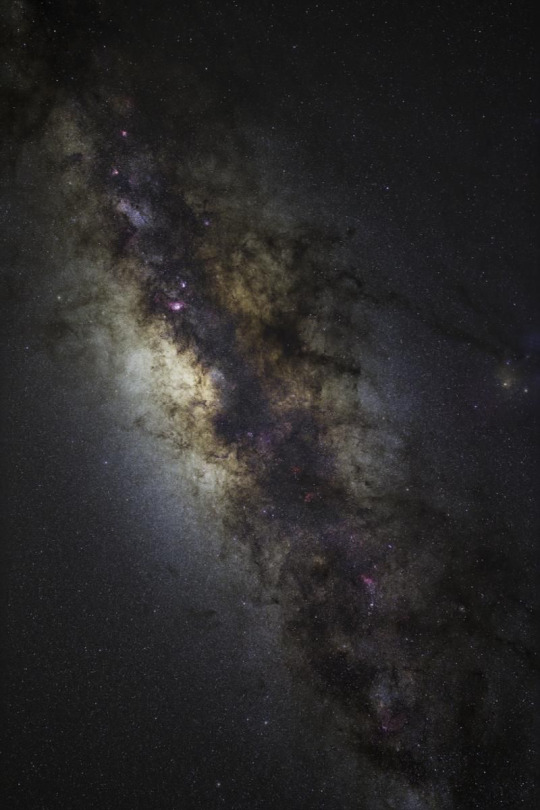
"The Milky Way" by Kush Chandaria
A brilliantly vivid image of our galaxy, the Milky Way, shot by Kush Chandaria from the Okavango Delta, in Botswana. In his submission, Chandaria talks about being able to see the Milky Way with his own eyes for the first time, and the tragedy of increasing light pollution. There are many locations throughout the world untouched by light pollution, called Dark Sky zones. Unfortunately, the lights of growing cities make these areas fewer and fewer. "I can only hope that in capturing this image I can share the same feeling of amazement that I felt when I looked up at the sky that night," Chandaria said.
#the milky way#kush chandaria#astrophotography#astronomy#milky way#space#night#sky#stars#elements#photography#dark sky zones#light pollution#okavango delta#botswana#galaxy#night sky#skyporn#from an article written by#josh dinner
98 notes
·
View notes